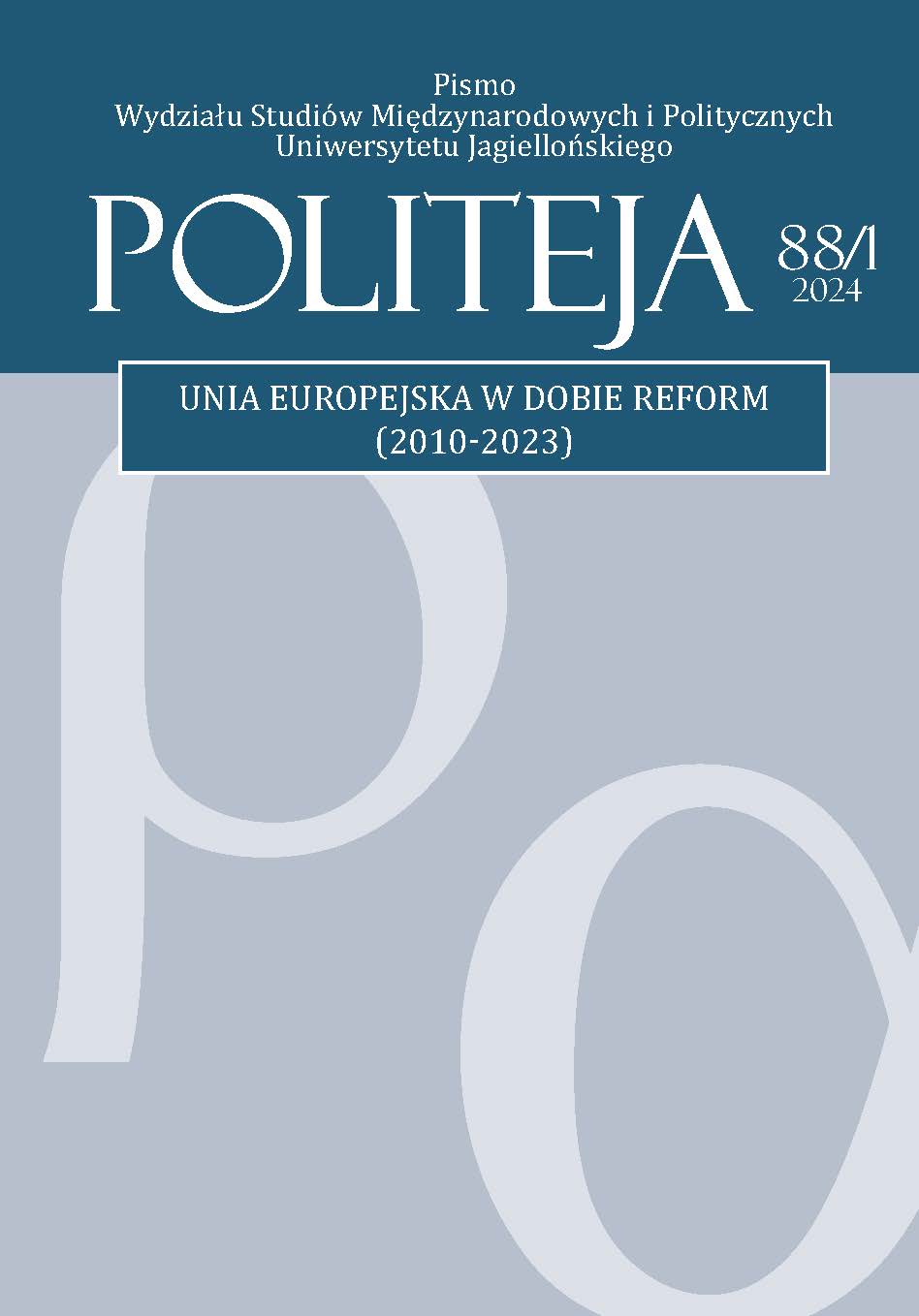The Evolution of the Principle of Shared Responsibility in the Area of European Integrated Border Management
The Evolution of the Principle of Shared Responsibility in the Area of European Integrated Border Management
Author(s): Agnieszka ParolSubject(s): Security and defense, EU-Approach / EU-Accession / EU-Development, EU-Legislation
Published by: KSIĘGARNIA AKADEMICKA Sp. z o.o.
Keywords: European integrated border management; EUIBM; Frontex; European Border and Coast Guard; principle of shared responsibility
Summary/Abstract: The article includes a legal analysis of the principle of shared responsibility, which is the current basis for implementing European Integrated Border Management (EUIBM). In particular, the article analyzes the main instruments strengthening the institutional position of the European Union in border management, that is, the Frontex standing service and its powers to apply coercive measures and the obligation of Member States to cooperate with the agency. There are three stages in the evolution of the principle of shared responsibility. The first stage begins with the reform of the EUIBM system resulting from the then migration pressure, initiated by the European Commission’s communication of December 2015 and the European Border and Coast Guard (ESGiP) Regulation of 2016, replacing the original Frontex Regulation. The reform allowed for the adoption of the first binding definition of European integrated border management and introduced the principle of shared responsibility. The second stage is marked by the ESGiP reform of 2019, which significantly expanded Frontex’s competences by establishing the agency’s force corps. The third stage, carried out during the period of intensifying geopolitical changes in Europe and the world, begins with the adoption in 2023 of the first multi-annual program implementing and aimed at the effective implementation of EUIBM, the so-called “strategic policy.” The article puts forward the thesis that geopolitical conditions favoring the tendency to tighten operational cooperation have enabled the Union to build an EUIBM based on the principle of shared responsibility and a significant evolution of the principle itself. It seems that EUIBM in its current formula has exhausted the treaty possibilities and further expansion of the system should be preceded by a treaty reform.
Journal: Politeja - Pismo Wydziału Studiów Międzynarodowych i Politycznych Uniwersytetu Jagiellońskiego
- Issue Year: 21/2024
- Issue No: 88/1
- Page Range: 253-268
- Page Count: 16
- Language: English

